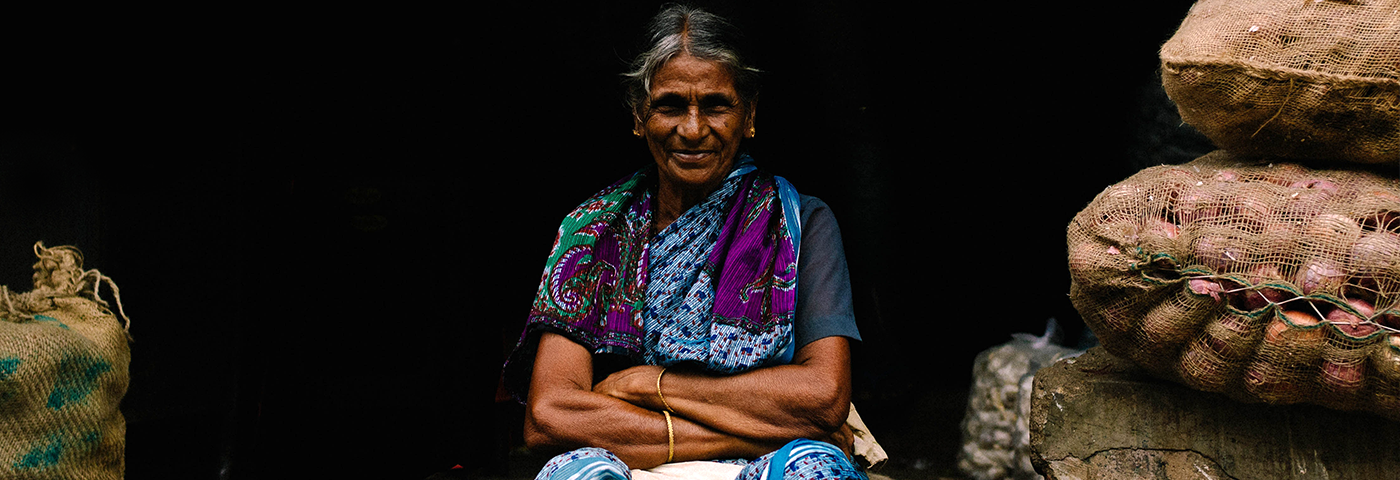Fifty years ago my father took me for a day trip to Boulogne, just across the channel from Ramsgate. He headed us straight for the back streets to see how the locals lived. Like many in his generation, his travel had been for the war, in France, Germany and then in India for the final days of the Raj.
Social anthropologists have written a great deal about tourism and encountering the other in the developing world, exploring the host-guest encounter as one of exploitation and of voyeurism. They have pointed out that the concept of the host-guest relationship is inherently unequal, particularly so when tourists from developed countries meet locals in the developing world. The tourists have both leisure and money to fund their wanderlust; the locals will often have travelled no more than a few kilometres from home.
The social anthropologists have developed a language to enable analysis and understanding of the nature of these encounters. Tourists seek to encounter the real and the authentic, to peer into the back behind the front, the public, stage. One of the responses to the arrival of the tourists is a separation between the front and the backstage and the creation of the pseudo-backstage. One of the reasons for the growth in volunteer tourism is the aspiration for engagement and authenticity – the desire for “object authenticity.”
In Khayelitsha, an informal township on the Cape Flats in Cape Town I had met with a grey-haired lady who was endeavouring to start a restaurant business in her home. I had arrived with a local township tours operator in a VW combi; we had been to District Six Museum, I had seen where people had been resettled when District Six was forcibly “cleansed” of non-whites between 1966 and 1982. This is not ancient history – it was in 1968 that I travelled abroad for the first time on that day trip to France.
For once I experienced the tourist invasion of the backstage as an object of the tourist gaze. As she came out to see me off, a 50+ seat tour coach came by and stopped. Dozens of cameras were shooting down at us from the windows above us. They were looking down on us, from behind a glass screen they were shooting photographs. I was so affronted, I forgot to take one back!
Rough camping on the north coast of Scotland with a friend we entered a local bar, the place fell silent we had arrived where we should not be. We were evidently not going to be served, we left. In the small town where I live tourists wander down the streets of vernacular architecture snapping away, most recognise that they should respect the privacy of the backspace but some, not an insignificant few, cannot resist peering through the windows to see what’s inside, some take photos of the interiors. No one wants to be ogled, and this causes resentment.
The problem of tourist intrusion into backspace and inequality between the host and guest is not unique to tourism from the developed to the developing world. Only the more affluent travel, they are not necessarily representative of their compatriots. There is also embarrassment occasioned for the local authorities when tourists see behind the façade, when the slums along a tourism route are given the Potemkin treatment, screened by new construction.
Over the last decade, responding to the demand for more authentic experiences, the opportunity to get closer to the real lives of local people, there has been significant growth in slum, favela and township tourism. This has enabled people living in relatively deprived areas to benefit from the tourism dollar. A well organised and responsible tour will have been carefully negotiated with the local community and all the places where the tourists stop will benefit.
In European cities – Amsterdam, Barcelona, Berlin, Bologna, London and Turin (and many more) there has also been a growth in organised opportunities for tourists to see those places not visited by tourists or see tourist places through the eyes of the economically poor and marginalised – the homeless, disadvantaged and disaffected youth and migrants. Find out more about these tours.
It matters how these tours are conducted, how consent is realised, who benefits and by how much. Such tours may be empowering rather than exploitative and they may create understanding and a willingess to demand change amongst the tourists.
“One of the core values of Responsible Tourism is respect between travellers or tourists, the guests, and the host communities. The language of hosts and guests is aspirational, but tourism is a social activity. It is what we make it. As Krippendorf pointed out in his seminal work, The Holiday Makers, ‘every individual tourist builds up or destroys human values while travelling’. We all make choices about how we travel. Responsible Tourism is about taking responsibility and recognising that tourism is what we make of it. We can use Responsible Tourism to enhance the experience, to make it more real and authentic. The Responsible Tourism approach works best when it engages the consumer, enabling the traveller, the holidaymaker, to have a better experience, and the community to have tourism on better terms.” Read more
Reality Tours and Travel offer slum tours in Delhi and Mumbai, the tours employ 50 local people and increase the pride and confidence of the community. For the tourists, they give an authentic experience and contribute to breaking down harmful stereotypes of slum areas. Just short of 85% of clients reported that their perception of life in Dharavi had changed. Independent research by a Durham University student found that 79% had positive views of Reality Tours, only 5% had a negative view, the remainder were either neutral or did not know of them.
Tourism can benefit the poor and marginalised only if it engages with them, on their terms. Tourism can bring economic benefits and empowerment if it is done responsibly be producers and consumers.


